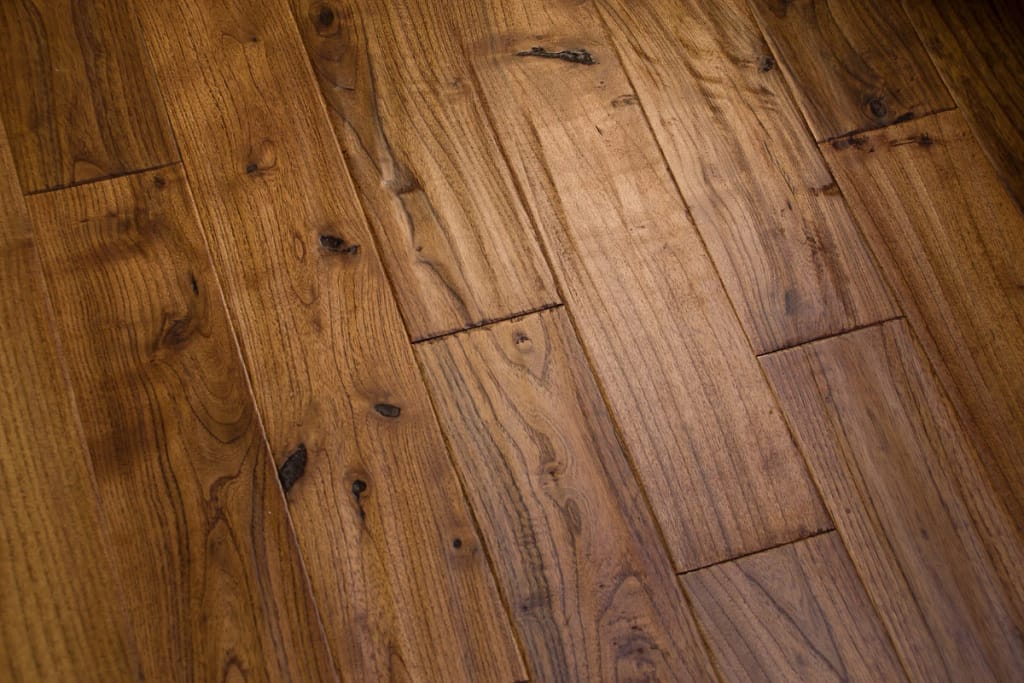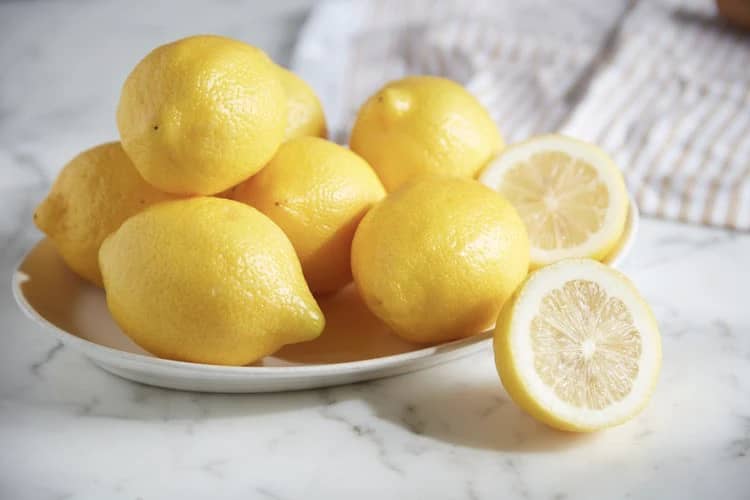Lemon juice is excellent at cleaning many things—it is especially useful for tackling tricky combination stains from sunscreen and for deodorizing cutting boards that have retained strong smells from foods like onions and garlic. But lemon juice is not safe to use on all surfaces and fabrics and, critically, it should never be mixed with chlorine bleach, nor with products that contain bleach, as the combination creates dangerous toxic fumes.
To avoid costly damage, or worse, it’s important to know that several common household items should not be cleaned with or exposed to lemon. Some of these may surprise you, so read on to find out what you should never clean with lemon.
1. Bleach
Chlorine bleach creates a chemical reaction that creates toxic chlorine gas when mixed with acids. You may have heard not to mix bleach with vinegar, and the same rule holds true for lemon juice. Never mix chlorine bleach or products that contain chlorine bleach with lemon juice, ever, under any circumstances.
Never mix lemon with chlorine bleach or products that contain bleach.
2. Natural Stone
Natural stone surfaces, including counters, backsplashes, floors, furniture, and accessories should not be exposed to lemon juice. The acid in lemon juice can cause pitting to occur in marble, granite, slate, and other natural stones.
3. Hardwood Floors

Lemon juice can damage the seal on hardwood flooring, creating a dull appearance and leaving the floors susceptible to damage. Avoid cleaning hardwood floors with lemon and, if you drop a piece of lemon or spill lemon juice, clean it up as quickly as possible to minimize the seal’s exposure time to the citric acid.
4. Brass Plating
This item can be a bit tricky when it comes to cleaning with lemon. While solid brass can be polished using lemon or other acidic cleaning agents, brass-plated items should never be cleaned with lemon juice, as it can cause corrosion. But how can you tell if an object is fabricated from solid brass versus brass plate? Use the magnet test: Hold a magnet against the item—if the magnet is not attracted to the metal, it is solid brass, but if you feel a magnetic pull, the piece is made of brass plate and you should skip the lemon juice.
5. Dark or Brightly Colored Clothing

Lemon juice can have a bit of a bleaching effect on dark and brightly colored clothing and textiles, leading to irreversible color loss. Avoid squeezing it directly onto dark or vibrant clothing, household goods, and upholstery. Instead, use our guide to removing common fabric stains.
Courtesy of Better Homes & Gardens



